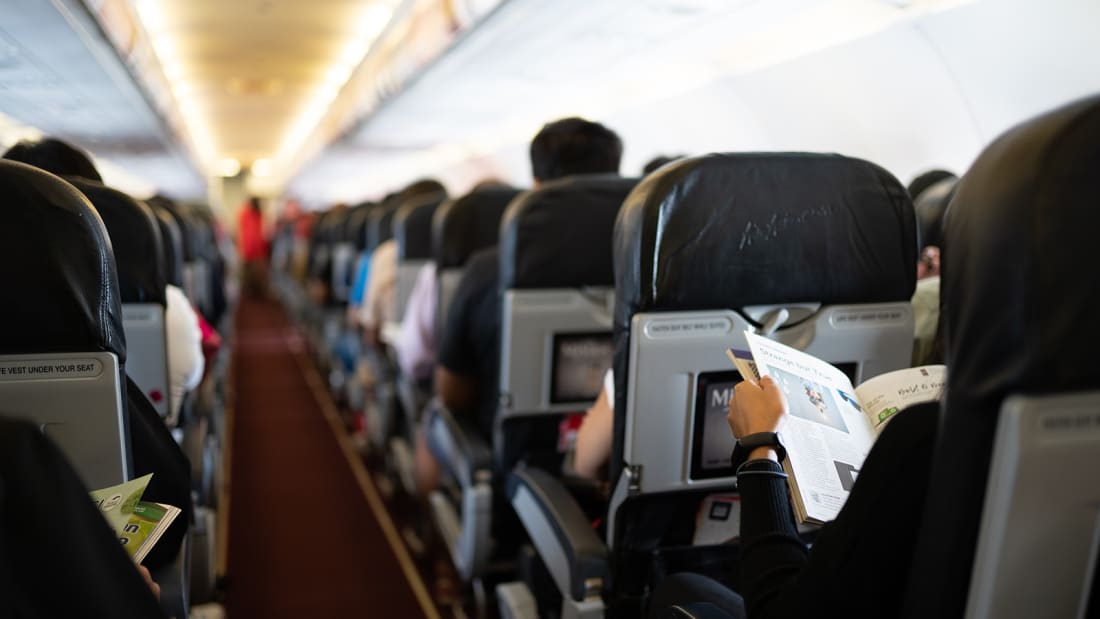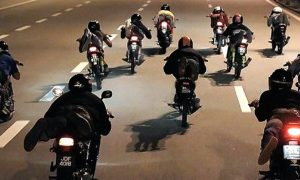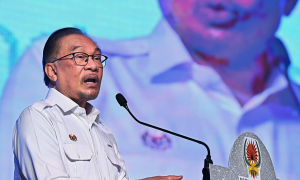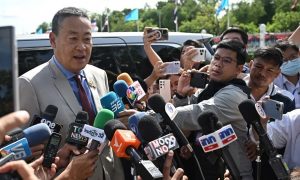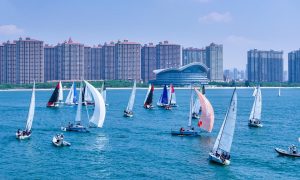You will keep your mask on at all times. You will not eat. You will not drink. And if you want to read, well… here’s the aircraft safety card. Welcome to Thailand.
In an effort to mitigate the ongoing spread of the coronavirus, Thailand’s aviation authority has banned all in-flight reading materials, food, and beverages on its domestic flights. The rule went into effect on December 31.
The only exceptions are the aircraft safety information card and water on request, such as needed for taking medications.
Airlines which do not comply and enforce the rule will face penalties from CAAT, the Civil Aviation Authority of Thailand.
CAAT’s Director General, Chula Sukmanop, confirmed the ban in an interview with CNN, saying, “Cleaning time after each stop of domestic flight is extremely short, since operators tend to do the quickest turnaround as possible and I think it is unlikely operators would be able to thoroughly clean all of these items. Therefore, having non-essential reading materials on-board would create more risk of virus exposure.”
On some level, this seems a sensible measure to reduce potential points of contact, as it stands to reason that most airlines are probably not sanitising and disinfecting in-flight magazines, newspapers, and menus between flights. Passengers are permitted to bring their own reading material onboard with them, though they would need to take it along with them when they deplane at their destination.
As for food and drinks, not only are they banned from being provided onboard, all consumption is prohibited even if passengers bring the items with them. Since masks must be worn at all times, disallowing eating and drinking also seems to be a logical result of this policy. This is actually not a new ruling, as food and beverages had previously been prohibited on domestic flights from April 26 to August 31, 2020. Though the ban had expired, it has now been revived and expanded to include reading materials, as well.
According to figures provided by CAAT, Thailand’s domestic air travel is currently running at around 40% of capacity.
So far, airline-specific policies such as this have not been implemented in Malaysia, with airlines largely left to handle their own execution of broader government-mandated or government-suggested SOPs.
"ExpatGo welcomes and encourages comments, input, and divergent opinions. However, we kindly request that you use suitable language in your comments, and refrain from any sort of personal attack, hate speech, or disparaging rhetoric. Comments not in line with this are subject to removal from the site. "


